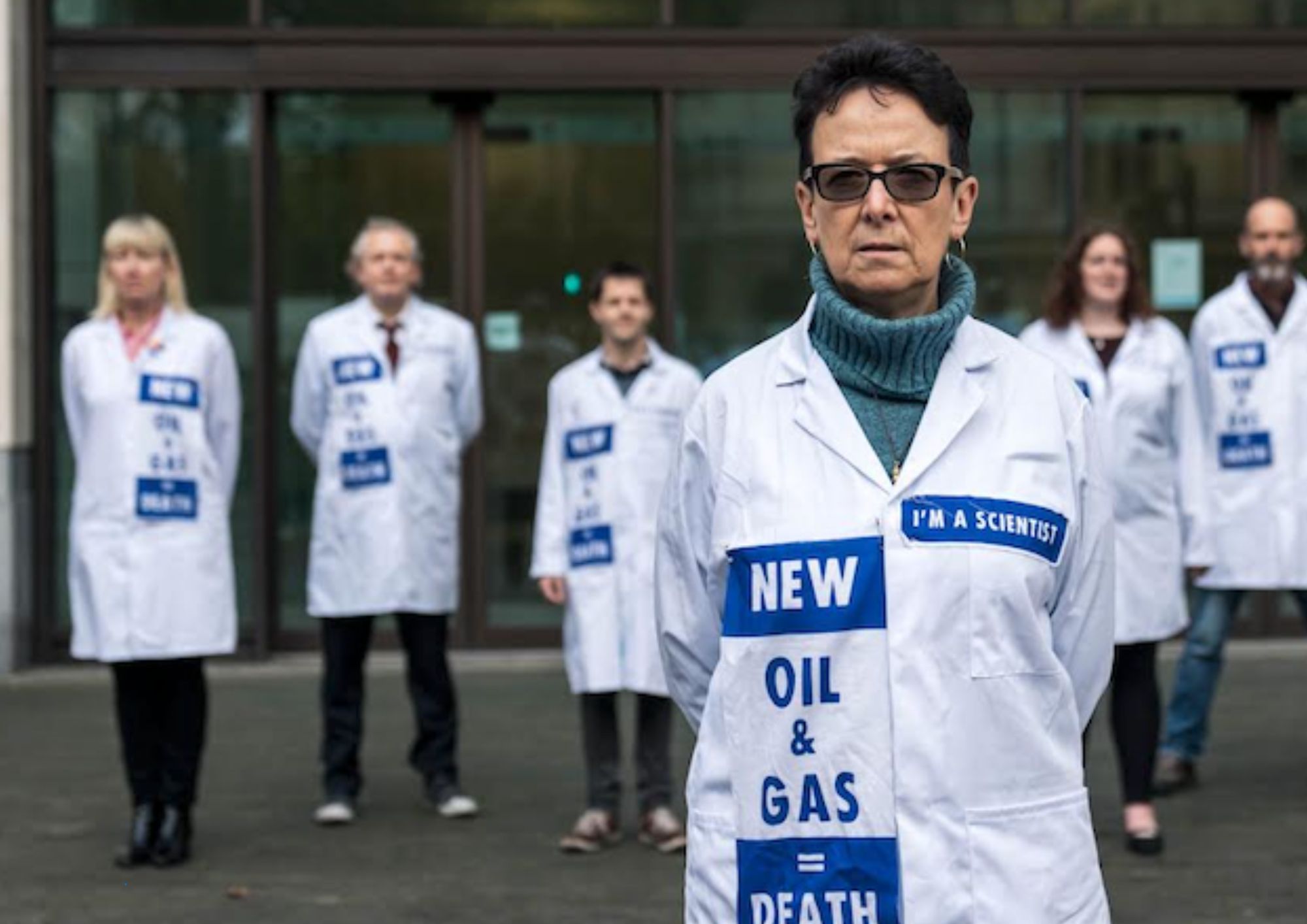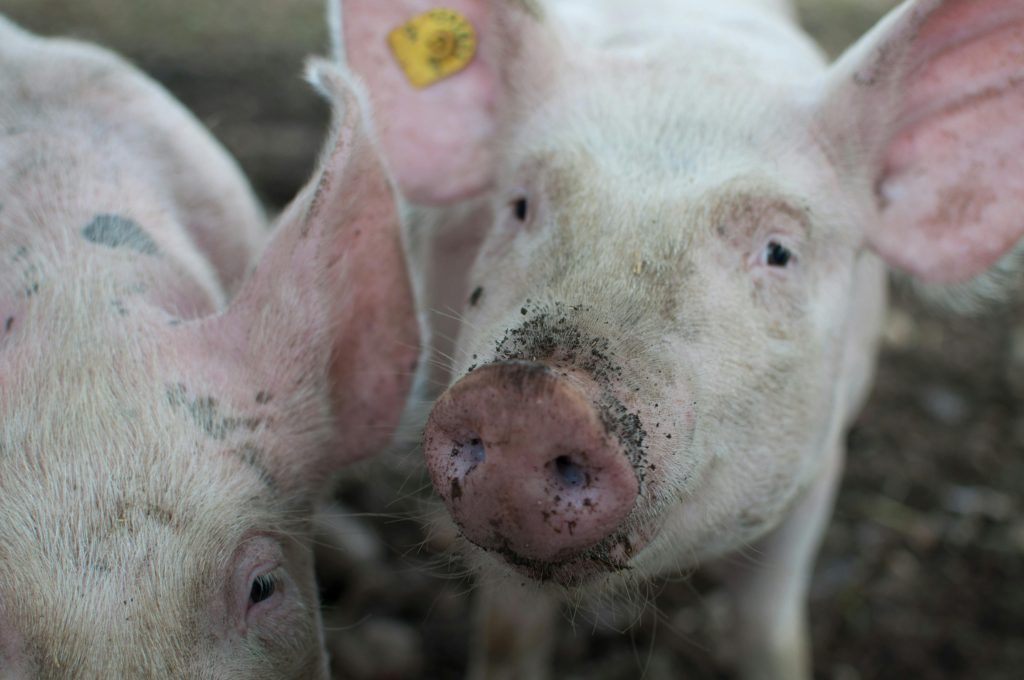‘I ate pig meat with relish – until I found out it was killing our planet'
How to swap tripe for tofu
Tuesday, 11th February 2025 — By Tom Foot

Dr Caroline Vincent says that if a ‘born and bred French carnivore’ can give up eating meet, so can anyone
This article was published in our Eco 2025 green edition
STOP eating meat and save the planet, “what’s not to like?”
So asks Dr Caroline Vincent in “From Tripe to Tofu” – her chapter in a new book of climate change essays.
A scientist living in West Hampstead, she tells how she switched from a charcuterie-obsessed carnivore to savouring a more wholesome diet of “delectable varieties of lentils, beans and peas”.
The bigger picture is that a “second revolution” in eating habits in this country could bring an end to environment-harming deforestation, significantly reduce greenhouse gas emissions and also “feed the world”.
“The solution is staring all of us in the face,” Dr Vincent writes. She recalled fond memories of eating meat growing up in France’s idyllic Loire Valley.
“Fruits, vegetables and fungi all had their seasonal place in French cooking, but the main event was meat, fish and dairy – and a lot of it!
“But my real favourite was the charcuterie, a temple to all things pig, with every part of this animal on display in one form or another, from a simple boiled ham to the most elaborate pie.
“By the age of five, there was not a body part of the pig that I hadn’t consumed with relish, including the trotters and ears.
“And so it went on without any qualms for several decades, long after the little girl had become a woman.”
Things changed around 10 years ago, after she read an informed newspaper article about climate change – specifically “the devastating consequences of a 1.5°C rise above preindustrial level”.
She writes: “And we were on course to reach far beyond 1.5°C, unleashing a cascade of irreversible events including a rising sea level, the destruction of coral reefs and the transformation of rainforests into savanna.”
Dr Vincent began to question her preconceptions about the meat and dairy industries – how happy are these “free range” animals really? – and then slowly began to “join the dots”.
“Intensive animal agriculture is shocking as far as animal welfare is concerned, but stopping it and switching to grass-fed beef and free-range chicken is not the solution either,” she writes in the book.
“Meat and dairy alone account for 14 per cent of global greenhouse gas emissions, more than those from burning petrol and diesel for road transport.
“Here in the UK, our clichéd view of the countryside is of sheep and cows grazing a patchwork of green fields extending as far as the eye can see.
“In reality, however, this bucolic dream is more of a nightmare, illustrating the fact that our country is one of most nature-depleted in Europe and retains a mere 2.5 per cent of its original ancient woodland.
“Yes, it’s great that there is a public outcry in the UK about our waterways being polluted with human sewage, but how many of us are aware that phosphate run-off from chicken farms is one of the causes of ‘dead zones’ in our rivers?”
Dr Vincent was one of the Extinction Rebellion activists who faced criminal damage charges for spraying paint and gluing themselves to the Department for Business, Energy and Industrial Strategy in 2021.
Stopping eating meat does not mean every meal has to be boring.

And Dr Vincent said it was not as difficult to make the switch.
“I wanted to see how hard it would be to give up meat but still have a delicious diet.
And the reality is that it is possible without sacrificing any of the pleasures of eating great food,” she said.
“Far from it, my diet has never been so varied and my taste buds never so stimulated. I really do not miss eating meat or drinking cow’s milk.
I have discovered so many delectable varieties of lentils, beans and peas, each with their own unique tastes and textures, and all providing great sources of protein.”
She added: “If a born-and-bred French carnivore can learn to love cooking nut roasts instead of roast lamb, then I’m pretty sure that anyone can.”
Scientists On Survival, with a foreword by Chris Packham, has 25 chapters covering a range of aspects of the climate crisis debate.
It will be published by Michael O’Mara books in April.